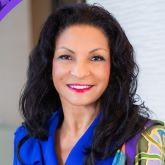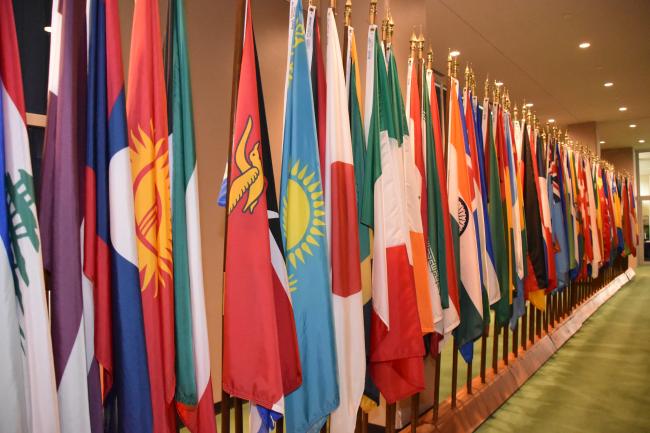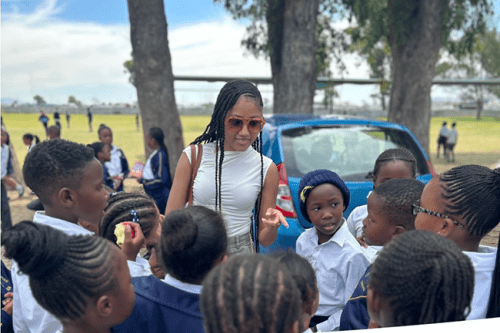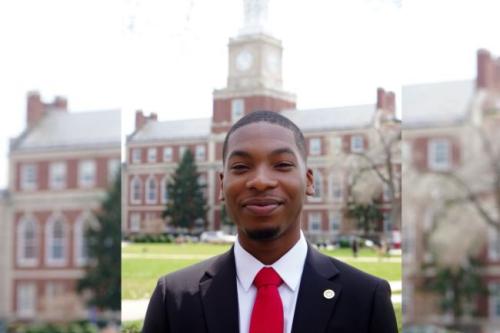
The Honorable Teta V. Banks, Ed.D. (B.A. ’73) has spent her career striving to address issues affecting people around the world, most recently with the United Nations. She is the immediate past chair of the United Nations Association of the USA (UNA-USA) and serves on the executive committee of the World Federation of the United Nations Associations (WFUNA). She is the first woman of African descent in both positions. Originally from Liberia, Dr. Banks attended and taught at Howard, following in her father’s footsteps (he was an alumnus as well as a member of the Board of Trustees).
Q: What are your core responsibilities with UNA-USA and WFUNA?
To promote the mission and vision of the United Nations to our 20,000+ members and their communities, particularly on a local level throughout the USA. This includes human rights, the protection and advocacy of the Universal Declaration of Human Rights, and the advocacy and goals of the U.N.’s Sustainable Development Goals (SDGs).
As a member of the Executive Committee of WFUNA, I represent the concerns and interests of the USA and promote multilateralism among nations and members of the 100 countries represented in the WFUNA. As the only woman of color to serve on this committee, I strive to ensure our inclusion of perspectives on issues/programs.
Q: Why is it important for Americans to be aware of what the United Nations does and its mission?
The U.N. is the only world organization specifically formed by agreement of nations to work collaboratively toward world peace, resolution of conflicts, and the promotion of the welfare of all people. Issues affect not only other nations but also the USA. For example, the UNA-USA urged the U.N. to decry human rights violations of the George Floyd murder; pollution in the water of Flint, Michigan and other cities; global sex trafficking; and systemic gender and racial inequities.
Q: What interested you in embarking on a global career?
I have always been interested in global perspectives, especially since I am originally from Liberia and have witnessed the impact of nations assisting other nations. When I studied in England, my interest expanded. Then as special assistant to the mayor in Philadelphia, I helped refugee Liberians during the Liberian Civil War. During that critical period, I was appointed consul general and part of the Truth and Reconciliation Commission so I could continue and expand my assistance to Liberia and help bring peace to the land.
Q: Why is it important for college graduates to be more globally aware/invested?
All professions impact and are impacted by global factors. Whether we are in education, law, sciences, the arts, etc., these professions and their products/achievements are shared globally and intersect with other nations’ progress in these areas. A key example today is the COVID-19 pandemic issues.
The reality is that all careers are now global. In addition to learning the subject matter and history, the preparation needed is knowledge, skill of cultural understanding, appreciation, respect and social communications. Above all, young people must develop a sense of being a global citizen and its responsibilities.





